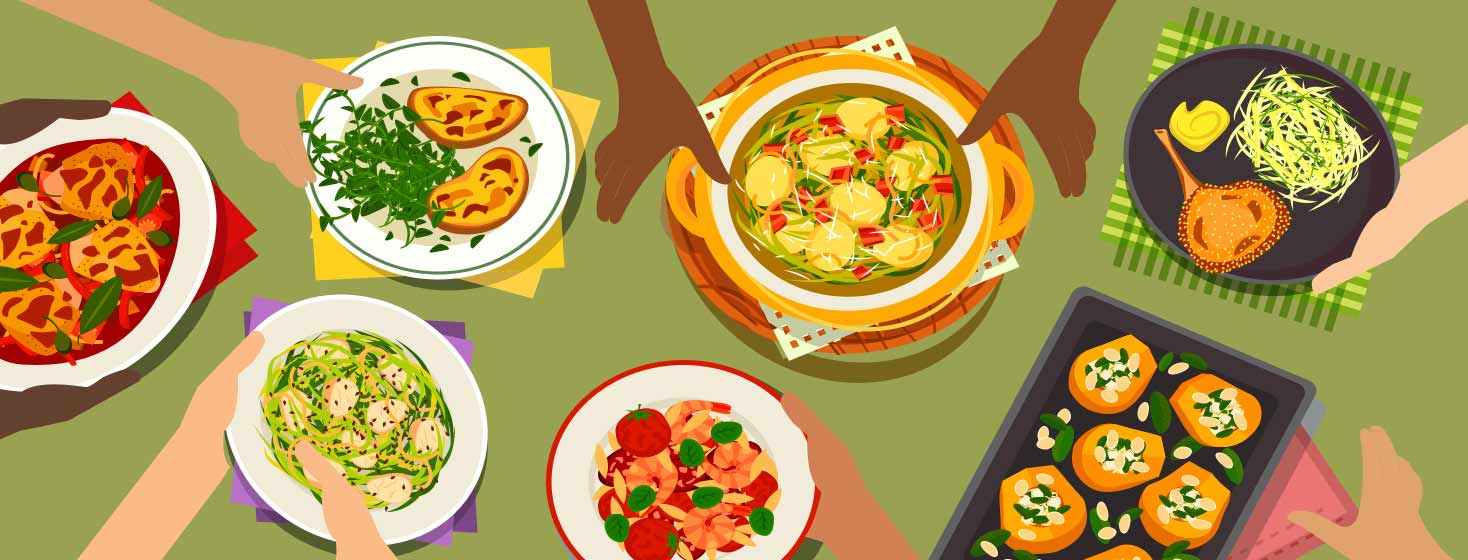Tips for Eating Outside The Home With a Restricted Diet
When you’re at home and have full control over your meals, it’s relatively easy to ensure that your meals are suitable for your personal dietary needs. But when someone else is preparing meals for you, the food isn’t always going to be made to suit your intolerances.
You still need to eat though, so here are some tips for making sure you don’t go hungry but still have a happy tummy when someone else is preparing your meal.
When you’re eating at a restaurant or café:
If possible, try to be the one who chooses the place where you’re going to eat. That way you can choose a restaurant or café that you know can cater for you. It can also help to give family and friends a short list of places so that when they make a booking, they can choose one of your preferred options.
If however, you can’t choose the place, it’s best to phone them ahead of time to see what they can do to help you. Most restaurants are willing to make considerable adjustments if they have prior notice, but may not be able to be as accommodating if they first hear of your needs when you’re placing your order. That said, many places can do simple meat/fish/chicken + salad/veg meals that will be suitable for most intolerances.
When you’re going to a function:
This is the toughest situation because functions normally have set meal options. While there may be some choice, you normally can’t get them to switch out ingredients since everything is pre-prepared.
Sometimes you can contact a function center ahead of time to see if they can help you. To do this, talk to whoever is hosting the function and ask for the caterer’s details. They may be able to agree to some of your requests, but you need to understand that major changes may not be possible.
The other option is to eat before you go and carry some snacks with you. That way you won’t go hungry and know the food will be safe. It’s not a perfect solution, but sometimes you have to compromise.
When you’ve been invited to a dinner party or BBQ:
Start off by having a chat to your host and explaining your food intolerances to see if there’s anything they can do to help you. Do remember though that this is their party so they’re likely to have plans for how they want the food to look. And if they’re not used to dealing with food intolerances, they may find your needs overwhelming.
Another useful strategy is to take food with you. Talk to the host and tell them you’d like to make things easier for them by bringing something along to add to the table. Try to make it fit with their own meal choices, but make sure it’s something that you can eat as a fairly complete meal if necessary. Or, if they can easily cater for your main meal, offer to bring along a dessert to share.
When you’re visiting friends or family you see often:
For anyone that you visit often, a good trick is to keep some safe ingredients at their place. For example, I keep a low FODMAP bread in my sister’s freezer. That way I can always make a sandwich or have eggs on toast if all else fails.
And with close friends and family, it should be even easier to discuss your dietary needs. They’re also less likely to mind if you step into the kitchen to help make your food safer.

Join the conversation